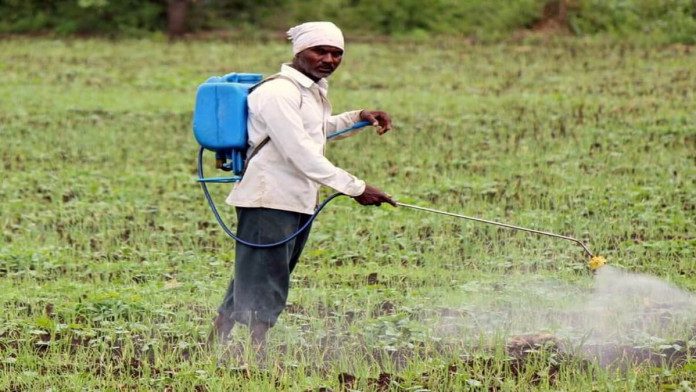News in Brief:
– The FAO in Botswana is concerned about increased reliance on pesticides to control crop losses, warning of potential harm to ecosystems.
– Botswana is part of international efforts to address plant health challenges through the Africa Phytosanitary Program, which stresses collaboration and sustainable practices.
The Food and Agriculture Organization (FAO) in Botswana has raised concerns about the potential negative consequences of relying heavily on pesticides to manage crop losses.
Assistant FAO Representative, Lesedi Modo-Mmopelwa, disclosed this at the commemoration of International Day of Plant Health in Gaborone recently. She highlighted the significant threat posed by pests, weeds, and diseases, causing up to 40% of annual food crop losses. Modo-Mmopelwa further emphasised the impact on food security, particularly for vulnerable rural communities dependent on agriculture.

Also, the FAO representative pointed to climate change and human activities as contributing factors to declining plant health and biodiversity loss. She revealed that these factors create favorable conditions for the emergence and spread of new pests and diseases in previously unaffected areas.
Pesticide risks and the importance of international collaboration
Interestingly, while increased pesticide use might seem like a solution to combatting the spread of disease, Modo-Mmopelwa cautioned against this approach. She explained the potential harm to pollinators, natural predators of pests, and other organisms crucial for a healthy ecosystem.
Furthermore, she stressed the importance of protecting plant health across borders through international cooperation and adherence to established standards like the International Standards for Phytosanitary Measures.
Meanwhile, Botswana is a member of the International Plant Protection Convention (IPPC), an organisation dedicated to safeguarding plant resources globally. The IPPC, in collaboration with the FAO and the African Union, has established the Africa Phytosanitary Program (APP) – the continent’s first program of its kind.
The five-year project aims to empower African National Plant Protection Organizations (NPPOs) to effectively monitor, detect, and respond to plant health threats. The pilot phase of the APP currently involves eleven African countries.



